Share houses, run-down cars and no insurance: How Aussies are surviving inflation
Australians are skimping on insurance cover, hunting for share-houses and driving cars into ground as the cost-of-living crisis stretches into its third year.
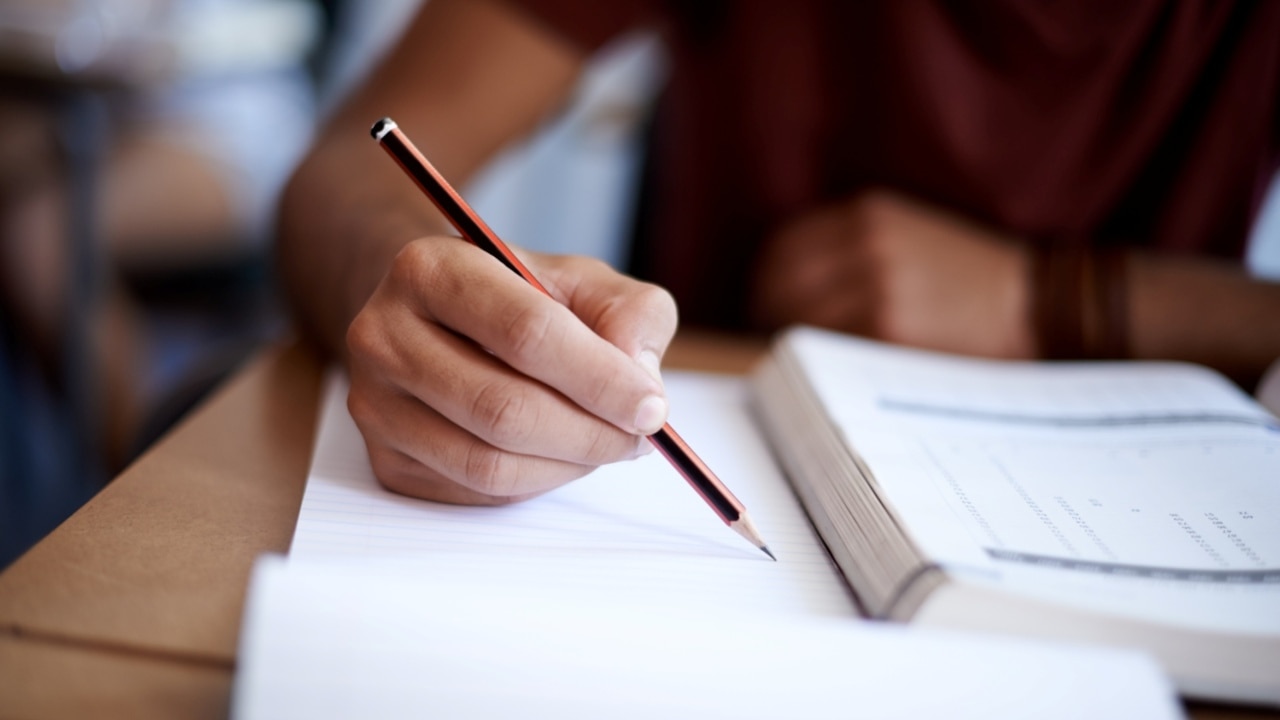
NSW
Don't miss out on the headlines from NSW. Followed categories will be added to My News.
Millions of Australians are moving into share houses, skipping insurance and driving run-down cars to survive the shocking cost-of-living crisis, confronting new figures have revealed.
Research looking at housing stress, insurance premiums and car costs reveal how Australians are compromising on key lifestyle choices to put food on the table.
It comes as a leading economist says the areas where Australians are most feeling the heat of spiralling costs — housing, healthcare and services — are being driven up by domestic inflation and not global issues.
One in eight people surveyed said they had moved into a shared house to cut costs in the past year, while an estimated one million people could no longer afford their rent, data from Finder showed.
In a second survey, one in five people said they needed insurance in the past three years but were not insured or did not have suitable cover.
One in 10 said they needed health insurance during the previous three years and were forced to fork out an average of $225 out of pocket because they did not have cover.

Another 7 per cent did not have car insurance, which cost them an average of $497.
A third survey revealed a whopping 35 per cent of Australian motorists put off vehicle repairs — such as body damage, bald tyres and windscreen damage — due to financial stress in the past year, and one in four avoided having their car serviced because they could not afford it.
The figures paint a stark picture of Australia’s cost-of-living crisis which has persisted for the third year in a row.
In the two years between March 2021 and September 2023, insurance prices went up by a whopping 22.6 per cent — compared to 47 per cent in the decade between 2009 and 2019.
Economist Saul Eslake said inflation figures revealed on Wednesday showed goods prices starting to come down, driven by global supply chains stabilising in the aftermath of two wars, but domestic inflation was proving “stubborn”.
The latest figures showed inflation was at its lowest in over two years, with February figures sitting at 3.4 per cent.
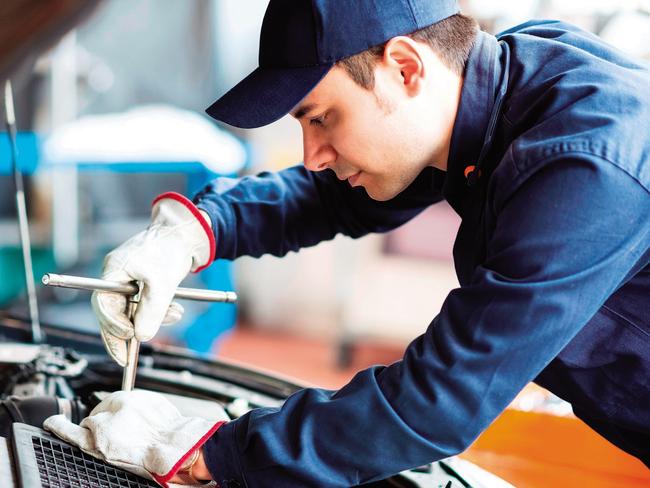
He predicted Australians would be paying more for insurance, housing and healthcare for some time, but could get a reprieve in goods inflation and electricity prices in the second half of the year. Iinterest rates would not ease until at least February 2025.
“The domestically generated inflation of house prices and rents, financial and insurance services and health services are proving stubbornly high,” he said.
“Both rent and house price inflation in the 12 months of February went up compared to January. This has been driven by forces of supply and demand, with demand driven by immigration and supply being constrained.”
Mr Eslake said there were no “quick fixes”, and while the July 1 tax cuts will help, the government must do more to improve competition across Australian service providers.
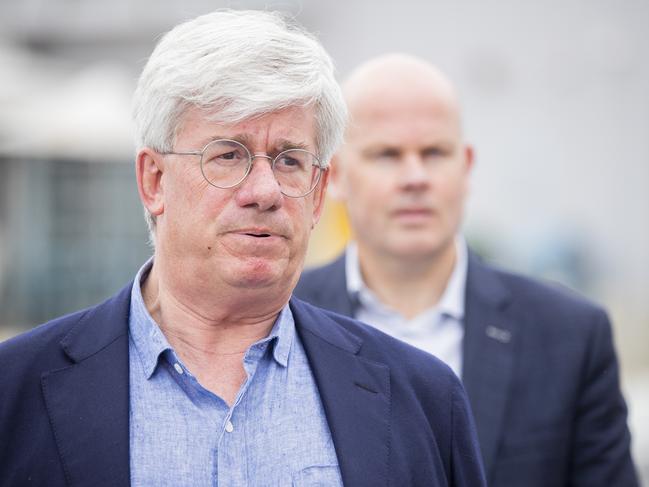
“A report put out by the House of Representatives Economics Committee on competition released today (Thursday) had a lot of sensible suggestions,” he said.
Parramatta MP Andrew Charlton sits on the economic committee and said a lack of competition was fuelling inflation, with 30 of Australia’s insurance brands underwritten by just four companies.
“We have a situation where insurer profits are growing but consumer premiums are going up,” he said.
“In some markets the increase in premiums seems to be higher than the increase in the underlying costs and risks faced by insurers in areas like labour costs, building costs, etc.”
Finder consumer research expert Graham Cooke said car costs were really adding up for many Australians.
“With the cost of living sky-high, car maintenance has fallen to the bottom of the list of priorities,” he said.
“This could have deadly consequences, with cars becoming unsafe to drive and putting other road users at risk.”
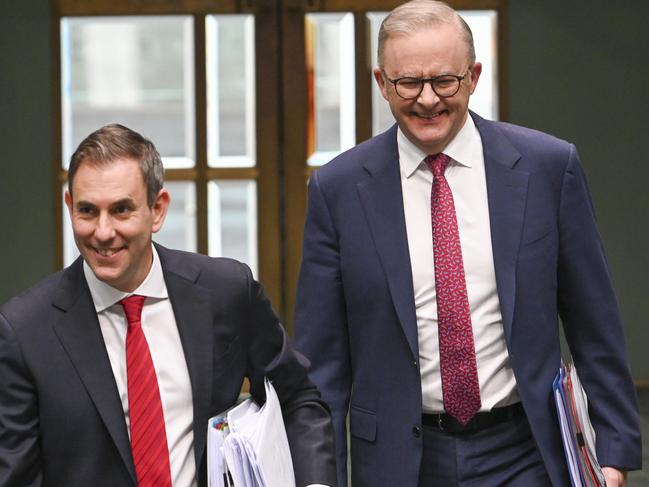
Treasurer Jim Chalmers said the government was committed to rolling out cost-of-living relief.
“We understand Australians are under the pump, and we’re doing what we can to ease some of the pressure,” he said.
“This is why we’re providing tax cuts for every taxpayer from July 1, as well as continuing to roll out our cost-of-living assistance.”
Coogee couple Katie Johnson, 29, and her partner Joshua Waters, 28, opted for a share house because they did not have a lot of savings and Sydney’s competitive rental market made it harder to rent on their own.
“We had just moved here, we didn’t have heaps of savings because we had been travelling … so we used Flatmate Finder and found a house share,” she said.
“The sharehouse was a bit more doable (than renting solo).”
They now pay $950 a week in Coogee after moving into their new apartment five weeks ago.
“We had been looking around the area, everything was extortionate,” she said.
“Originally our budget was $700 a week and we were like ‘No way’.”
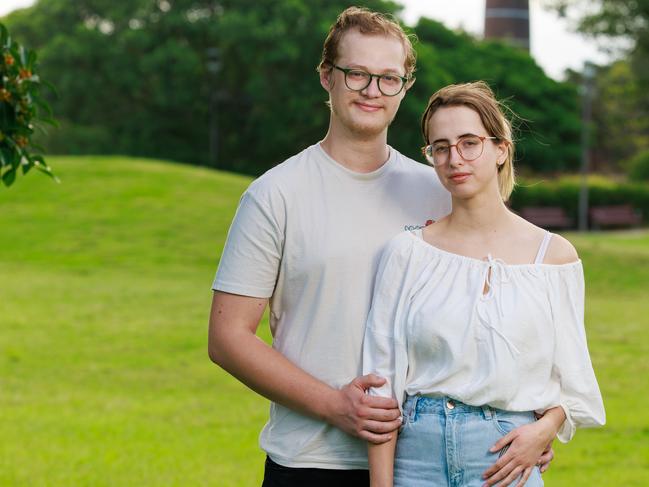
Erin Carpenter and Mischa Ree, 24 from Winston Hills have had to delay moving out from home for over two years due to emergencies.
Mr Ree has had no choice but to tape his car, with costs of repairs being too high.
“I’ve had to delay so many repairs with my car, two years ago I would have fixed them straight away but now I can’t just do that. With things being so expensive I might need that money for something more important so I have no choice but to delay them,” he said.
“It’s definitely a bit dangerous to drive, especially in bad weather as I have a hole in my headlight, $30 tape repair is the best we can do”.
Ms Carpenter has also struggled to save, with medical emergencies draining her savings.
“I’ve had to miss out on a lot of things because I can’t afford it, I recently had an emergency surgery and I had to pay more than $1500, my private health insurance only paid me back $45, so now my savings have dropped once again,” she said.
Do you have a story for The Daily Telegraph? Message 0481 056 618 or email tips@dailytelegraph.com.au




